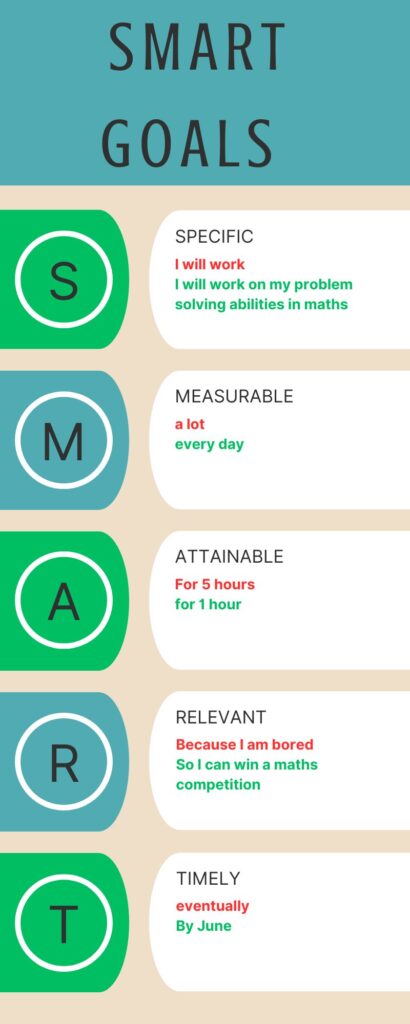Today, academics is fast-paced; students try to balance all classes, assignments, extracurricular activities, and personal commitments all together.
Being burdened with all these tasks, tactfulness in time management is of prime importance.
Here, some useful tips can assist the busy student in maximizing productivity at work and maintaining good balance in life.
Understanding the Importance of Time Management
Before getting to some specific strategies, it’s important to recognize why time management is crucial to students. Effective time management:
a) Reduces Stress: Students, by organizing their tasks and setting priorities, avoid that mad rush at the last minute that usually brings anxiety.
b) Improves Academic Performance: With structured study and completion of assignments, students will achieve better grades and comprehension.
c) Encourages Work-Life Balance: Good time management enables students to carve out time to be spent on socializing, hobbies, and self-care, all of which are important for keeping the mind healthy.
1. Setting Goals Clear

Clearly Spell Out Short-Term and Long-Term Goals
First things first in managing time effectively: setting of clear goals.
Break your academic year down into short-term goals, such as completion of a project or studying for an exam, and long-term goals, such as achieving a certain GPA or admission to a specific program.
This helps you to stay focused and motivated.
Use the SMART Criteria

Consider setting your goals using criteria like SMART – Specific, Measurable, Achievable, Relevant, Time-bound. Example:
– Specific: “I want to improve my math grade.”
– Measurable: “I will complete five practice tests.”
– Achievable: “I will study for one hour each day.”
– Relevant: “This will help me in my future career in engineering.”
– Time-bound: “I will achieve this by the end of the semester.”
2. Prioritize Tasks
The Eisenhower Matrix
One good strategy for prioritization is the Eisenhower Matrix. This tool will help you differentiate tasks in terms of urgency and importance:
– Urgent and Important: The first to do are tasks that are urgent and important. Examples include upcoming deadlines.
– Important but Not Urgent: You should schedule tasks that are important but not urgent. Examples include long-term projects.
– Urgent but Not Important: Tasks that are urgent but unimportant should be delegated or minimized. Examples include minor requests by peers.
– Not Urgent and Not Important: You should eliminate tasks that are neither urgent nor important. Examples include excessive social media scrolling.
Also, Create a To-Do List
A list of to-do tasks on a daily or weekly basis puts your activities in proper vision.
There are digital tools available to organize your to-do list like Todoist, Trello, etc. Update it regularly as tasks are being finished or when new ones come into your mind .
3. Establish a Routine
A Regular Study Schedule
Scheduling regular, consistent study time can promote efficiency. Determine what times of day you are most alert: morning, afternoon, or evening—and schedule your study sessions accordingly.
Take Breaks
Take time to schedule breaks! The Pomodoro Technique is a very effective way to of keeping focused without burning out.
Work for 25 minutes then take a 5-minute break. After four cycles take a longer break of 15-30 minutes.
4. Do Not Abandon Technology
Calendar Applications
Engage in the use of calendar applications, such as Google Calendar or Microsoft Outlook, to keep track of deadlines, class timings, and appointments.

Set reminders for upcoming dates to ensure you never miss an important date.
Productivity Tools
Explore productivity tools like Notion or Evernote for note-taking and organizing information.
These platforms allow you to keep all your study materials in one place and accessible from multiple devices.
5. Learn to Say No
As a busy student, it is easy to overcommit. Of course, it is important to take part in extracurricular activities and social events, but it is okay to say no if you have too much on your plate already.
Again, prioritize your academic responsibilities and your personal welfare over obligations that are not necessary.
6. Stay Organized
Keep Your Study Space Tidy
A clean study space helps you to gain focus and expend your energy wisely. Keep all materials on the desk organized and within easy access.

Organize your digital stuff
Don’t forget to get your virtual life organized, too! Create folders on your computer or in cloud storage that apply to different subjects or projects.
Clearly label your files so studying or working on projects will be easier because you can find what you need more easily.
7. Reflect and Adjust
Take some time at the end of each week or month to review your time management plan: what worked well, and what didn’t.
Adjust your methods appropriately.
This may be a different study schedule, or trying a different productivity tool, or even in re-evaluating priorities of all.
Conclusion
Setting goals, prioritizing, making routines, effective use of technologies, learning to say no, being organized, and reflecting over the progress regularly-the secrets for doing time management are an important skill for busy students in successfully meeting academic expectations without compromising on life.
Remember that great time management is practice; don’t be too hard on yourself as you set these strategies into motion.
Consistency and effort will show you how much more productive you can become, and with less stress, you’ll be better prepared against whatever challenges come your way.
